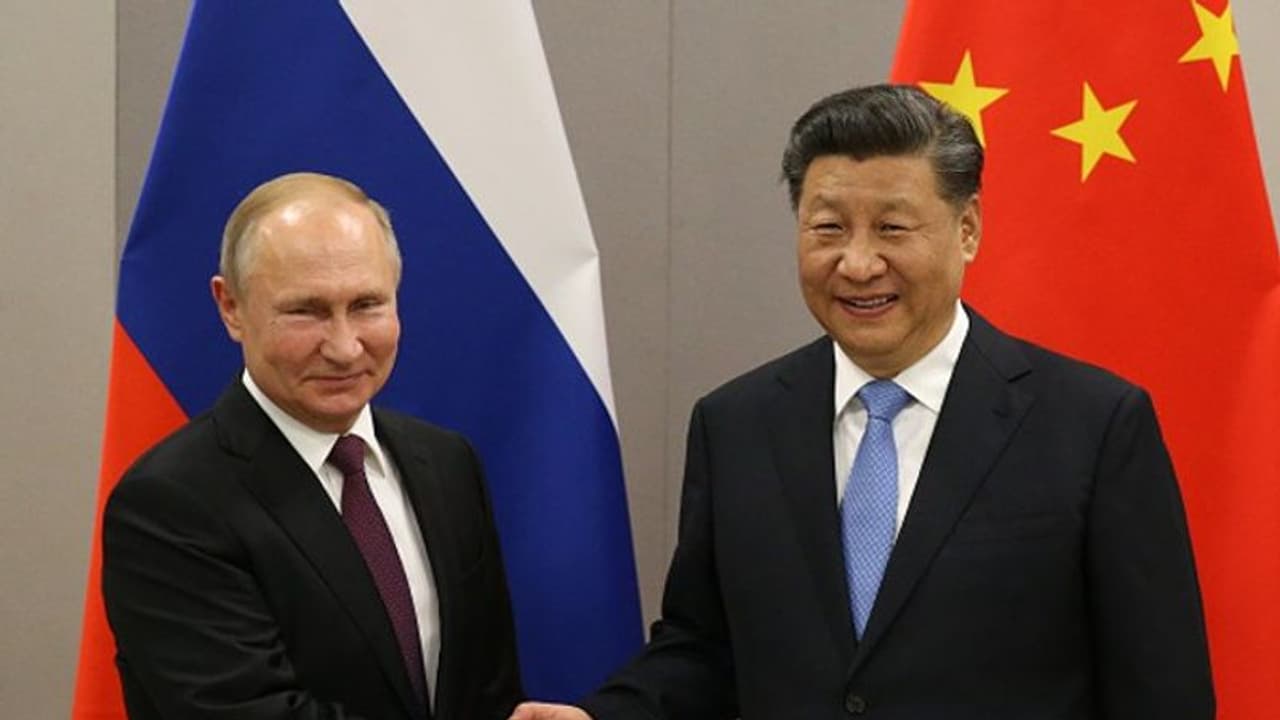Russia and China contemplate establishing a nuclear power plant on the moon to support future lunar settlements, with Roscosmos chief Yuri Borisov highlighting collaboration and technical challenges.
Russia and China contemplate establishing a nuclear power plant on the moon between 2033 and 2035, according to Yuri Borisov, the chief of Russia's space agency Roscosmos. Borisov mentioned that such an initiative could pave the way for future lunar settlements, highlighting the collaborative efforts between Russia and China in advancing lunar exploration. As a former deputy defense minister, Borisov emphasized Russia's proficiency in "nuclear space energy," indicating the nation's potential contributions to the joint lunar program.

“Today we are seriously considering a project – somewhere at the turn of 2033-2035 – to deliver and install a power unit on the lunar surface together with our Chinese colleagues,” Borisov said.
Yuri Borisov stated that solar panels alone would not suffice to generate the required electricity for upcoming lunar settlements, emphasizing the necessity of nuclear power to meet the energy demands of such settlements.
“This is a very serious challenge…it should be done in automatic mode, without the presence of humans,” he said of the possible plan.
Borisov also discussed Russian intentions to construct a nuclear-powered cargo spaceship. He mentioned that most technical aspects of the project had been addressed, with the exception of devising a cooling mechanism for the nuclear reactor.
“We are indeed working on a space tugboat. This huge, cyclopean structure that would be able, thanks to a nuclear reactor and a high-power turbines…to transport large cargoes from one orbit to another, collect space debris and engage in many other applications,” Borisov added.
Russian officials have previously outlined ambitious aspirations for lunar mining endeavors, yet the Russian space program has encountered a series of setbacks in recent times. Last year, its initial moon mission in 47 years ended in failure when Russia's Luna-25 spacecraft lost control and crashed.
Despite this setback, Moscow remains committed to further lunar missions and is exploring the potential for joint ventures with China, including crewed missions and the establishment of a lunar base.
China, on the other hand, announced its intention last month to send the first Chinese astronaut to the moon by 2030.
In response to a claim by the United States that Russia intended to deploy nuclear weapons in space, Russian President Vladimir Putin dismissed the allegation as baseless, asserting that it was a tactic to engage Russia in arms discussions on Western terms.
